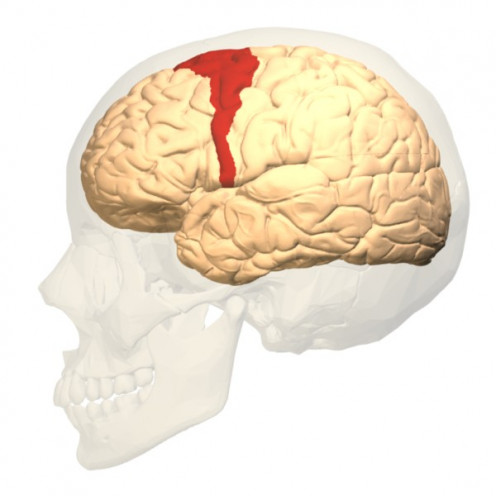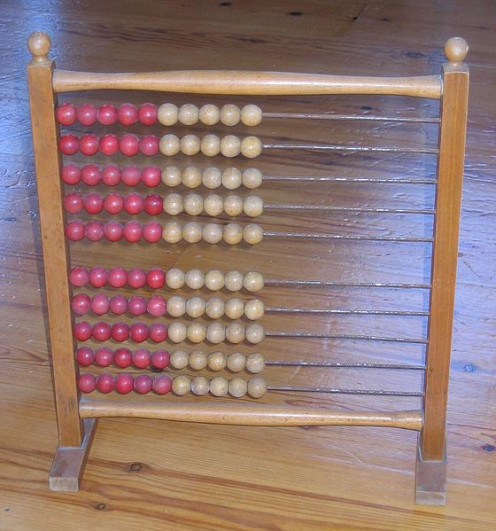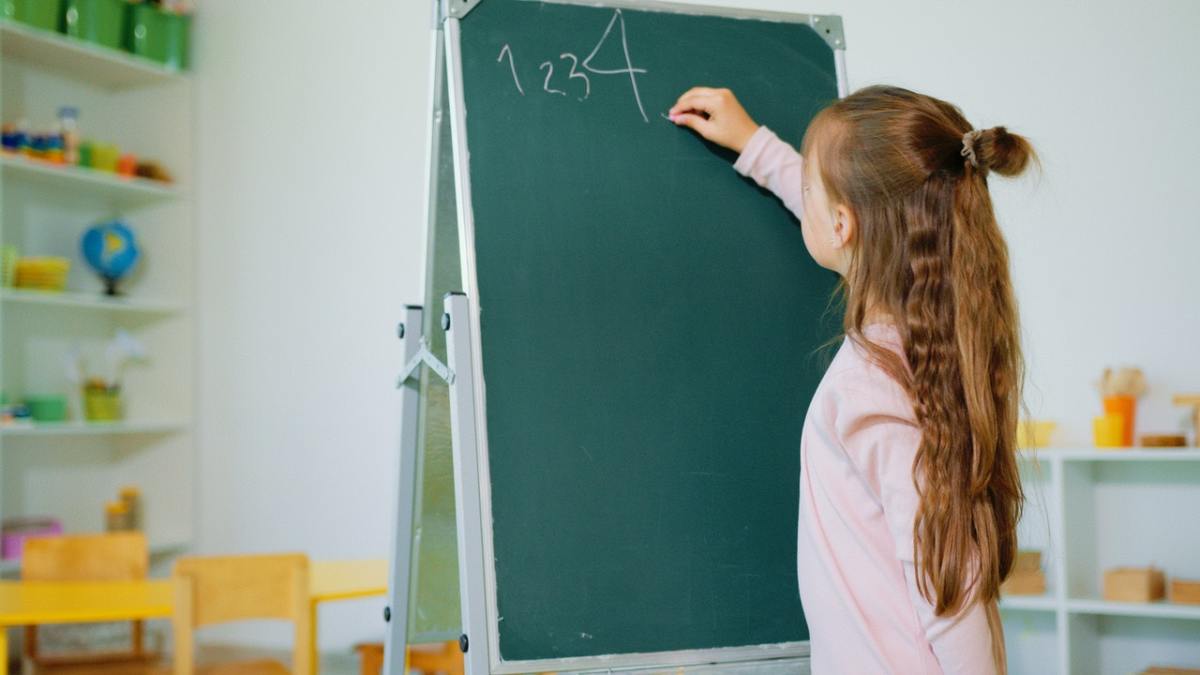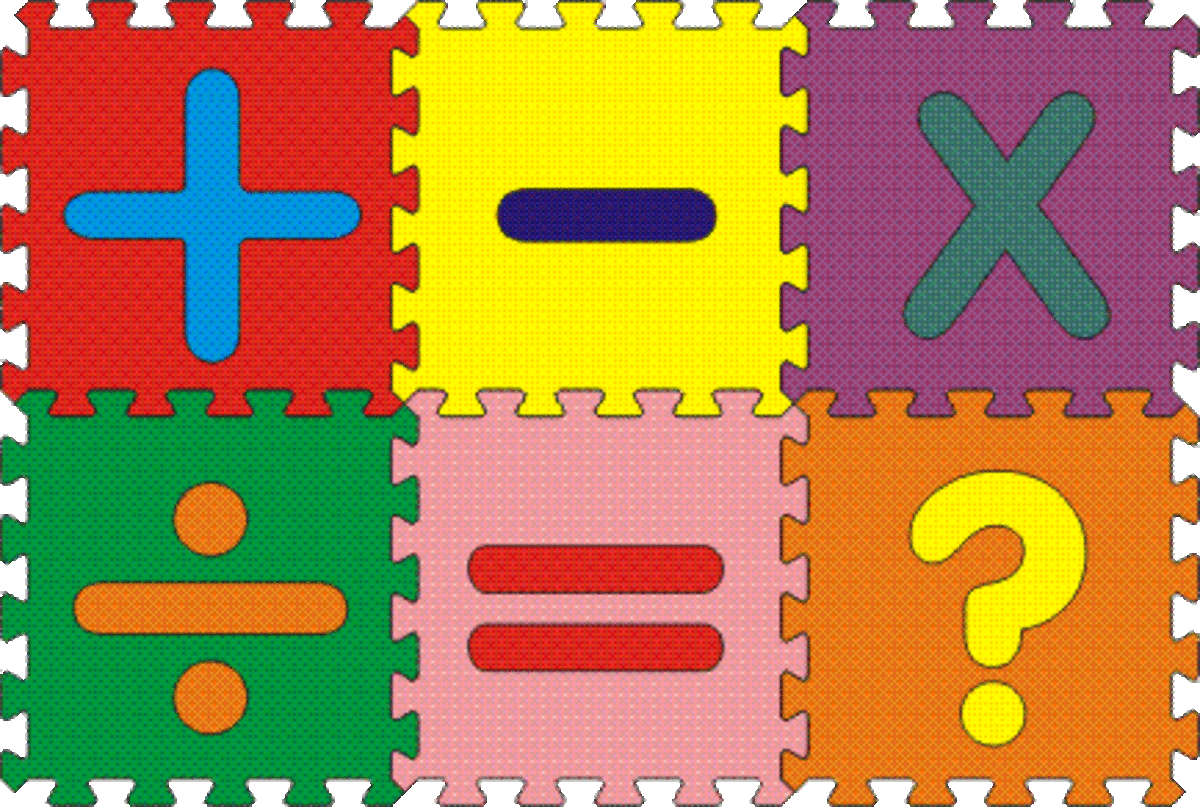Unraveling dyscalculia

By Michelle Liew Tsui-Lin
I have to confess that I'm a language person and not a fan of numbers of algebra, though my mental arithmetic is competent enough.
I don't have dyscalculia, but having struggled with maths throughout secondary school, I empathize completely with anyone hampered by this inability.
This lesser known phenomenon can cause quite a bit of angst, even among those who are competent in utilizing linguistic, spatial or other areas of the brain. If you know someone who struggles with Maths but doesn't quite know why, there may be ways to help him.

Definition
Dyscalculia is essentially a difficulty in learning or comprehending arithmetic understanding or manipulating numbers or registering mathematical facts.
A developmental disorder, it's like its sister Dyslexia, though is probably lesser known and researched
This condition can occur in anyone across a whole range of intelligence quotients. CEOs and businessmen have been known to function admirably with this condition.
Who is your favorite dyscalculic?
Who is your favorite dyscalculic?
Famous dyscalculics
Famous people have been known to suffer from Dyscalculia. Artists like Cher have been diagnosed with the condition. Henry Winkler of Happy Days and Fonzie fame is a dyslexic and suffers from dyscalculia as well.
Perhaps the most surprising person you'd expect to have had dyscalculia is world renowned physicist Albert Einstein, who, because of the debilitating condition, nearly dropped out of school.

Dyscalculia could be caused by..
- a hereditary condition
- disruptions in memory or memory deficits
- inadequacy in teaching mathods
Causes
Experts and researchers have given a whole range of reasons to explain the presence of dyscalculia, though none of these are very definite.
• Dyscalculia has been attributed to brain lesions in the Brodmann and angular gyrus areas of the brain, which determines our ability to associate with visual symbols and numbers.
• Other research points to deficits in working memory as an explanation for a person's inability to form associations with numbers. Short term memory may have had disruption or reduction, causing an inability to remember calculations.
• Dyscalculia can be an inherited or inborn condition. Studies of those with mathematical inclinations revealed the same in family members.
• Some, like Cambridge College Dean Mahesh Sharma, have blamed poor math outcomes on the school system and maintains that teachers haven't been adequately trained in the latest technology or teaching tools.
Famous Dyscalculics
Signs
A person or child would exhibit signs that point to dyscalculia, but the most asked question would be "How would I know that my child is dyscalculic and not simply a slow learner disinterested in mathematics?"
The first sign of dyscalculia is a poor retrieval or understanding of mathematical facts, though one shouldn't jump to a diagnosis of dyscalculia based on that alone.
To make the diagnosis of dyscalculia easier, research has unveiled a particular phenomenon that occurs with those who suffer from it. As the distance between two numbers decreases, e.g. 3 to 5 versus 1 to 5, more mathematical errors tend to be made. A person with dyscalculia may find it difficult to process addition facts as numbers grow smaller.

Treatment
The INSERM-CEA Cognitive Neuroimaging Unit has developed a gamed primarily targeted at helping children with dyscalculia. The game addresses a child's inability to process smaller numbers by providing fun practice with digits between 1-10.
Practice with concrete sets or number words is available between 1 to 40.
The computer game is set attractively in the underwater or jungle world and the fun of it is that any number of players can join in.
The character the child chooses to play the game with must select numbers in order to advance on the track. To win, these must be bigger than his opponents.
To teach children with a poor concept of mathematics....
- avoid memory overload.
- constantly reinforce
- teach misrules
- pre-teach component skills
- use drawings and manipulatives
- explain everyday functions
Strategies for teaching children with Dyscalculia
Teaching a student who suffers from low mathematical ability requires baby steps, few pointers and tricks up a parents' or teachers' sleeves.
Avoid stressing memory
When teaching maths to a child with dyscalculia, try to avoid memory overload. He won't be able to process concepts as well as others, so break down and assign manageable tasks.
Constant review and repetition
Provide constant review of his newly learned skills with similar problems but different numbers, making sure that these are in the lower numerical range.
Misrules
Provide the child with the opportunity to practice some misrules. Encourage him to spot mistakes in arithmetic concepts.
Teach component skills
Pre-teach skills that associate with those you want the child to learn. If you want the child to learn division, basic addition and subtraction should be revised with the child to make his processing easier.
Drawing and manipulatives
Illustrations always help a child visualize mathematical concepts. Manipulatives are concrete materials a child can work with to practice basic arithmetic concepts.
Everyday functions
Teach a child how mathematical concepts function in everyday use. Get him to assist in activities like grocery shopping or buying take out to build his confidence with numbers.
,Teaching a student who suffers from low mathematical ability requires baby steps, few pointers and tricks up a parents' or teachers' sleeves.
Avoid stressing memory
When teaching maths to a child with dyscalculia, try to avoid memory overload. He won't be able to process concepts as well as others, so break down and assign manageable tasks.
Constant review and repetition
Provide constant review of his newly learned skills with similar problems but different numbers, making sure that these are in the lower numerical range.
Misrules
Provide the child with the opportunity to practice some misrules. Encourage him to spot mistakes in arithmetic concepts.
Teach component skills
Pre-teach skills that associate with those you want the child to learn. If you want the child to learn division, basic addition and subtraction should be revised with the child to make his processing easier.
Drawing and manipulatives
Illustrations always help a child visualize mathematical concepts. Manipulatives are concrete materials a child can work with to practice basic arithmetic concepts.
Everyday functions
Teach a child how mathematical concepts function in everyday use. Get him to assist in activities like grocery shopping or buying take out to build his confidence with numbers.

Conclusion
Dyscalculia doesn't have to debilitate, but must be managed with a lot of patience.
By Michelle Liew Tsui-Lin All Rights Reserved
Other Health Hubs by Michelle Liew
- How to use music to reduce or stress levels:listenin...
An article on how music can relieve stress and some stress busting music tracks. - The benefits and disadvantages of our favorite desse...
On the benefits and disadvantages of ice-cream, and an epulaeryu poem. - The wonderful qualities of the monk fruit
Blurb: On the cooling effect of the Monk Fruit. - The benefits of chocolate, myths and a poem
On the benefits of chocolate, why we love chocolate, a few chocolate myths and an epulaeryu poem. - A Wonderful Expression - the importance of smiling a...
A hub on the social and health benefits of a good smile - we should all smile more often! - The wonderful health benefits of the chiku fruit
All about the the Chiku Fruit








